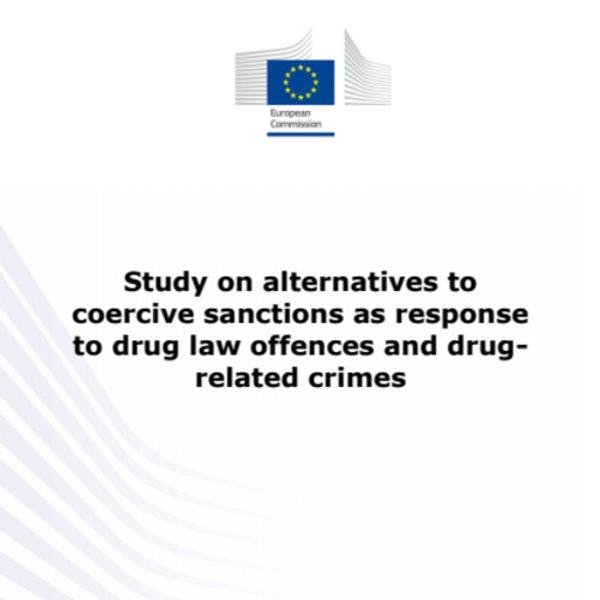Estudio sobre las alternativas a las penas coercitivas para responder a los delitos relacionados con drogas
RAND analiza las medidas que se pueden adoptar para responder a los delitos relacionados con drogas en la UE. Entre estas, se encuentran medidas no intervencionistas y basadas en la rehabilitación (que eluden las acusaciones y los procesos judiciales), así como aquellas que se utilizan en lugar de la prisión u otro tipo de castigos.
Más información, en inglés, está disponible abajo.
-----
This study aims to map alternatives to coercive sanctions (ACS) for drug law offences and drug-related crimes that are available under the law in each EU member state and describe the use of these sanctions in practice. This was complemented by a review of international research on the effectiveness of ACS in reducing reoffending and drug use.
For this study, building upon the EU Action Plan on Drugs 2013-2016, ACS were defined as measures that had some rehabilitative element or that constituted a non-intervention (for example, deciding not to charge or prosecute), as well as those used instead of prison or other punishment (for example, a suspended sentence with drug treatment). Further details of the measures included within the definition of ACS can be found in Section 1.2. This study builds upon a report produced by the EMCDDA (2015) on alternatives to punishment for drug-using offenders, widening the scope of that study by including a broader range of sanctions and by looking at practice in each member state in more detail.
Keep up-to-date with drug policy developments by subscribing to the IDPC Monthly Alert.
